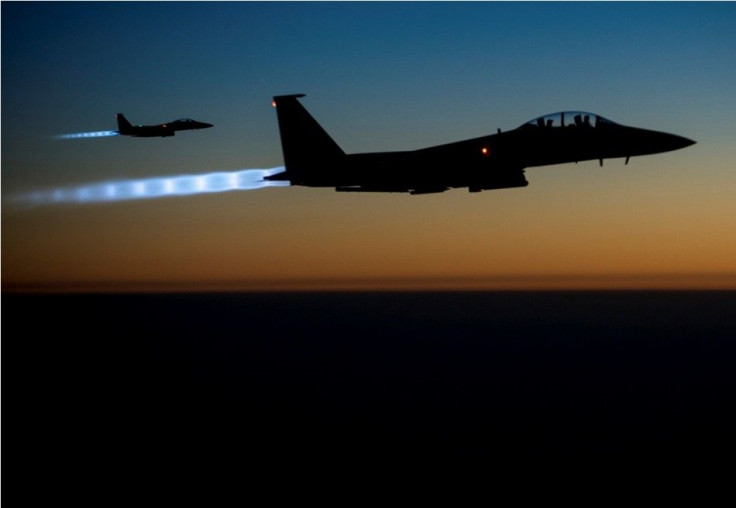ISIS Fighting 'Two Wars' Against Al Qaeda and US, Kurdish Peshmerga, Assad Regime

As ISIS militants continue to hold their ground in Iraq and Syria, the group is also fighting other rival extremist organisations in the Middle East. Top foreign policy analysts believe ISIS is looking for a new strategy in the battle to gain more influence in the region.
James Phillips from the Heritage Foundation said ISIS militants are on the march despite a reported slowdown of the group's ground activities. He believes the group has ambitions of surpassing Al Qaeda as the central group, according to Fox News.
Political analysts have indicated in previous reports that regional terror groups may be fighting over greater influence. Ilan Berman from the American Foreign Policy Council said ISIS is fighting two wars. Aside from fighting the United States, Kurdish Peshmerga and the Syria's Assad government, the group is also battling it out with Al Qaeda in an intellectual war.
The analysts noted the message of ISIS leader Abu Bakr al-Baghdadi that said Al Qaeda was the past and ISIS is the future. He revealed earlier that more groups are breaking away from Al Qaeda to pledge their allegiance to his group.
The recent example is the reported killing of a U.S. oil worker by Ansar Beital al-Maqdis, an Egyptian terror group that pledged its loyalty to ISIS. Berman said groups like the one in Egypt that were once linked to Al Qaeda are beginning to see ISIS on a higher ideological ground. Other terror groups joining ISIS can be a cause for concern not only for Al Qaeda but also to the rest of the world.
The Egyptian terror group had claimed it was responsible for the death of a 58-year-old oil worker from Arkansas in the U.S. The group, now called Sinai Province, has posted William Henderson's passport and identification cards, according to the Daily Beast.
Meanwhile, the Gulf states have launched a joint command to fight the growing threat of ISIS. Bahrain foreign minister Sheikh Khalid al-Khalifa said the joint military command will be based in Saudi Arabia where hundreds of thousands of soldiers are expected to be under its control. The minister added that the new command will begin operations following the Gulf Cooperation Council summit later in the month.




















